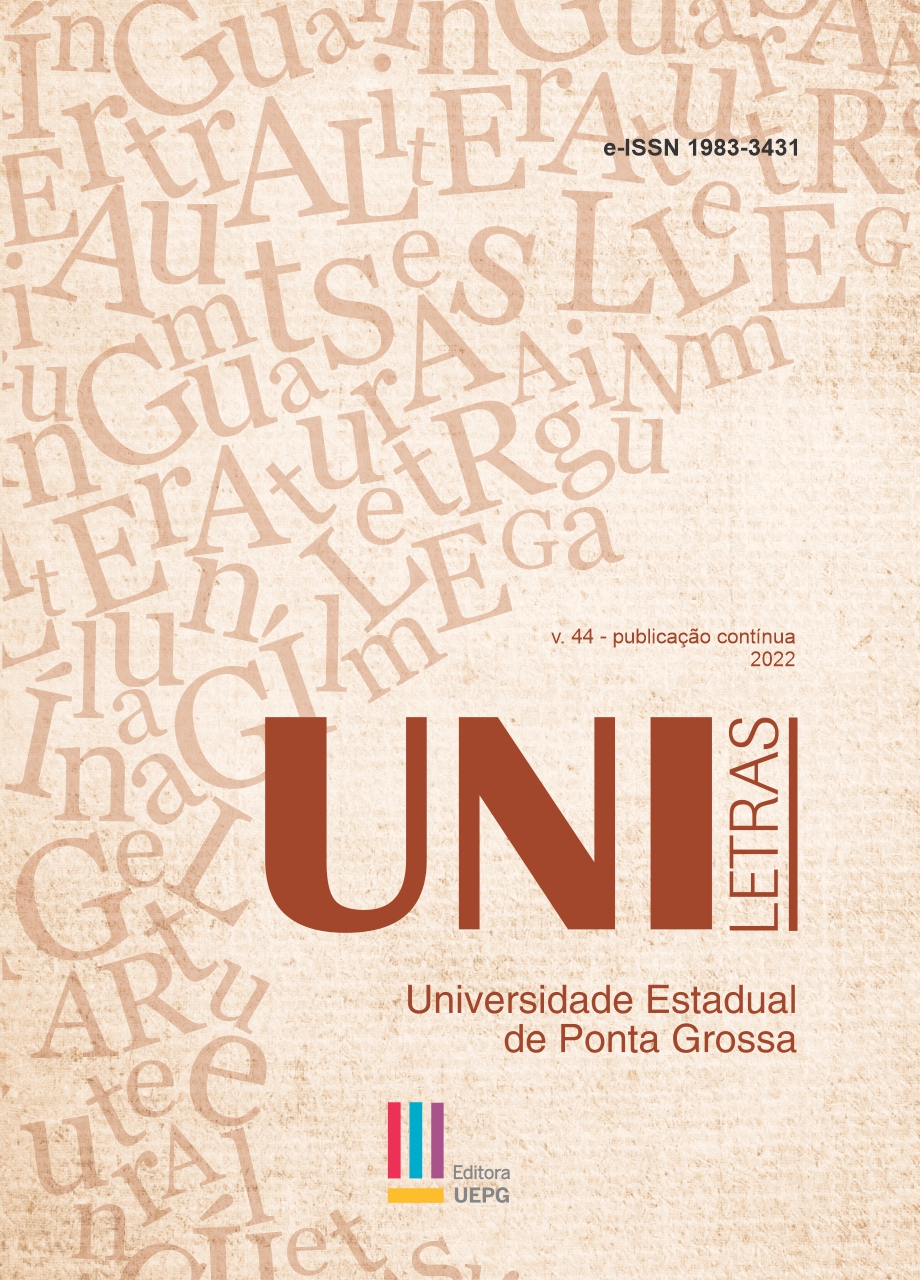THE (IN)VISIBILITY OF BLACK IDENTITIES IN PORTUGUESE TEXTBOOKS: INTERCULTURAL ANALYSIS OF KNOWLEDGE IN CIRCULATION IN BRAZILIAN SOCIETY
Abstract
This article discusses the ideological and sociocultural principles that guide language teaching practices in two Portuguese textbooks (Mother Language and Additional Language) to analyze how language contributes to the construction of social identities. The concepts of interculturality (WASH, 2009), identity construction (HALL, 2007; GOMES, 2003) and intersectionality (CRENSHAW, 2002; AKOTIRENE, 2019) supported the comparison between textbooks and they made it possible to observe how the structural racism of Brazilian society is represented in each of them. Based on documentary research, of an interpretative nature, a corpus was constituted with texts, images and activities that addressed the black identity (GOMES, 2003) in the two works. The results show that black identities have restricted space in both books, contributing to the maintenance of the invisibility of black identities, and that only the book for foreigners presents black people in a situation of social ascension. This worries us to find alternatives to discuss the diversity that characterizes Brazilian society at school.
Downloads
Downloads
Published
Issue
Section
License
Authors that publish in the journal agree with the following terms:
a) The authors keep the copyright and grant to the journal the rights of the first publication, with the work simultaneously being licensed under the Creative Commons Attribution License that allows the sharing of the work with the recognition both of the authorship and the initial publication in this journal.
b) This journal provides immediate public access to all of its content, following the principle that making scientific knowledge freely available to the public provides greater worldwide democratization of knowledge. For more information about this approach, visit Public Knowledge Project, a Project that developed this system to improve the academic and public quality of research, distributing OJS as well as other softwares to support the publication system to public/open access to academic sources. Names and e-mail addresses in this website will be used exclusively for this journal purposes, not being available for other ends.

This work is licensed under a Creative Commons Attribution 4.0 International License.





